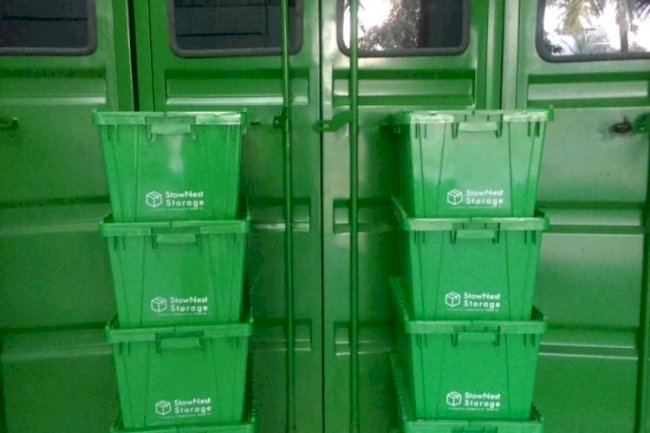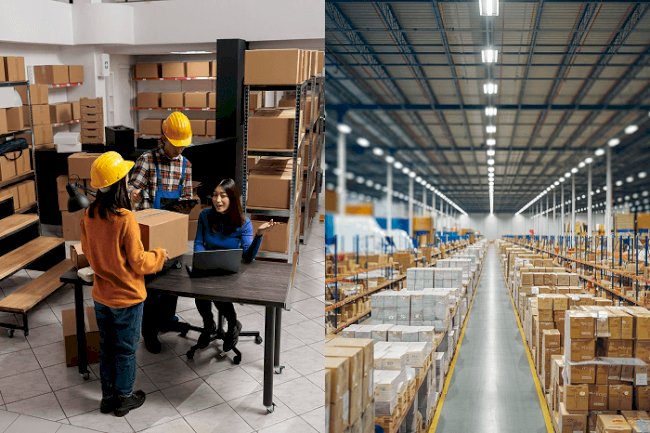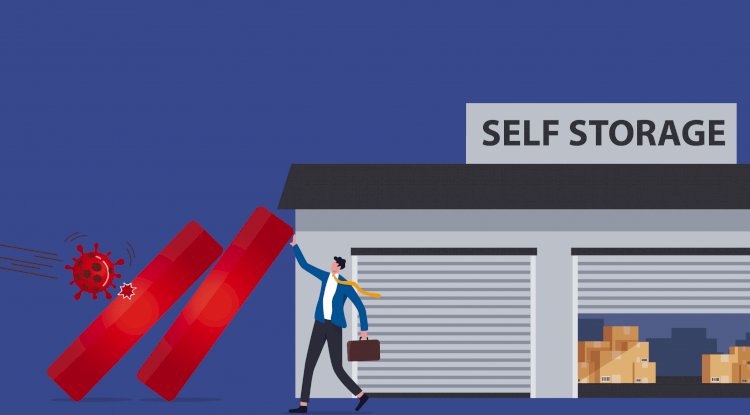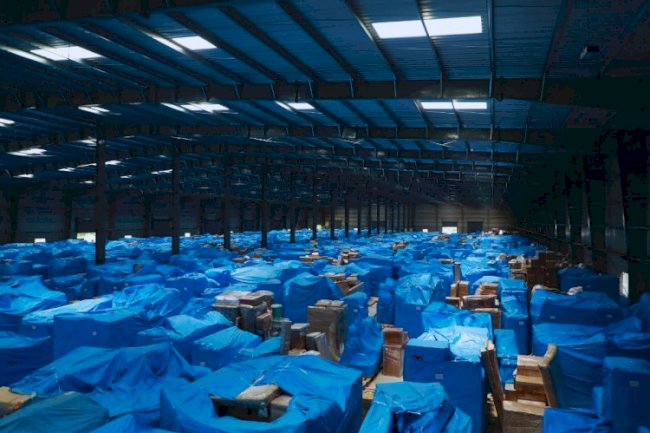Warehouse Space: Flexibility and Scalability for Your Business | StowNest
Discover how flexible and scalable warehouse space helps your business adapt, grow, and manage inventory efficiently with cost-effective storage solutions. Learn More!
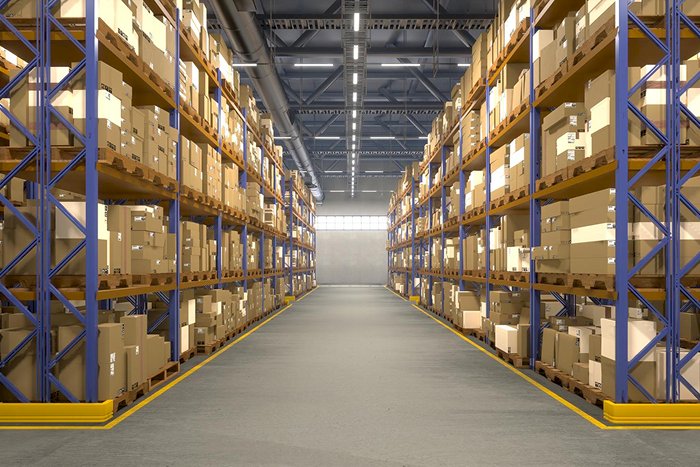
Agility is a necessary ingredient for success in today's fast-moving, unpredictable business environment. Companies must be able to quickly scale up or down to meet changing market demands, seasonal fluctuations, and shifts in customer expectations. This growing demand for flexibility has led to the development of the flexible warehouse dynamic response that allows businesses to expand or shrink their storage and logistics operations as needed. In addition, it offers better control over and more efficiency in scaling, thus enabling the organisation to remain competitive and responsive to a rapidly changing market. In this blog, we look at how flexibility and scalability in warehousing can transform the way businesses work.
What is a Flexible Warehouse?
A flexible warehouse is a space that has been tailored for modern logistics, designed with fluidity in mind. While traditional leases tie companies to fixed areas and long-term costs, the flexibility of warehousing allows businesses to scale their storage space according to demand. With technology-enabled systems in modular design, it facilitates real-time and agile management of the supply chain.
Many flexible warehousing solutions for start-ups and established organisations will allow for expeditious flexibility without tying them to years of leases. This is especially advantageous for companies checking warehouses in Bangalore or warehouses in Chennai for rent because these cities have well-developed logistics infrastructure and connections for modern warehouses.
Advantages of Flexible Warehousing
1. Cost Savings
An obvious advantage of flexible storage solutions is cost. Typical storage solutions often require considerable capital outlay and involve long or inflexible fixed leases that may occupy space during periods of declining demand. In turn, you may be wasting space with diminished demand. In contrast, flexible models operate on a pay-per-use basis; this helps save businesses money on rent, maintenance, and utilities.
This flexibility means that you can better plan your finances for e-commerce, retail, and manufacturing businesses that experience sporadic inventory fluctuations. Companies will no longer be compelled to pay for unused space and can maintain leaner operations with much tighter budgets.
2. Technological Integration
The newest flexible warehousing solutions have state-of-the-art technology that integrates automation, AI and real-time tracking. Similarly, these systems limit the number of process mistakes linked with inventory accuracy and provide greater visibility across the supply chain.
WMS provides real-time information on inventory levels, allowing quick decision-making. Companies that make use of a warehouse in Bangalore or a warehouse in Chennai for rent can have this integration for smooth workflows and faster fulfilment cycles.
3. Quick Return Processing
As online shopping increases, return management has become a critical aspect. The flexible warehouse smoothes the return process right from inspection to restocking with minimal delay for better customer satisfaction.
Returns are quicker and more efficient because facilities offering warehouse flexibility help a business to maintain positive customer experiences while optimising their reverse supply chain.
4. Increased Efficiency
Flexible warehousing can provide operational warehouse efficiency by offering value-added services such as packaging, labelling, and quality checks all under one roof, thus avoiding multiple vendors and saving both time and cost.
Besides, warehouse flexibility enables companies to adjust storage layout and operations according to their needs. The ability to expand or shrink space keeps operations efficient even when demand fluctuates.
Advantages of Scalability in Warehousing
1. Efficiency
Scalability ensures that businesses can adjust warehouse operations in response to demand. In high seasons, storage capacity increases seamlessly, while in slow months, space will be reduced without any financial burden. This kind of scaling is done on the basis of demand which fosters smooth running and efficiency of the warehouse operations consistently.
2. Growth Support
A scalable warehouse model supports long-term business expansion. Companies can expand within that "ecosystem" of warehouses, rather than relocating to a new facility. For example, in Bangalore, a company can start with a small size warehouse and as the orders grow, they can increase the size of the warehouse that makes it more efficient & sustainable from a logistics perspective.
3. Risk Management
Scalable warehousing supports better risk management, too. Businesses can respond to alterations in the market, prevent overstocking, and hence avoid resource wastage. This same adaptability will keep the financial balance even in very unpredictable situations and therefore help keep the logistics operations steady and reliable.
Conclusion
With the growing pace of the business world, being flexible in warehousing and adaptability has transcended operational consideration and become a strategic necessity. Flexible warehousing models are providing companies with the means to navigate cost savings and increased efficiency for easy scaling and integrating technology while enabling them to remain responsive, resilient and prepared for growth.
At Stownest, we know each business has its own storage and distribution needs. Our flexible warehousing solution is centred on maximising warehouse flexibility by building our solutions on modern, cutting-edge infrastructure, real-time inventory management and configurable space. Wherever you need a warehouse to rent in Bangalore or Chennai, we can help you right-size your operations while hopefully addressing the scalability and readiness for growth with you.
What's Your Reaction?









